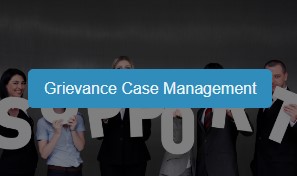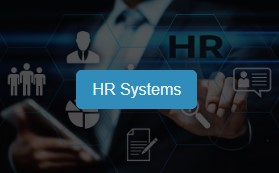Kmarc HR Consulting Northern Ireland
Employee Relations

Disciplinary Case Management
Step 1
Statement of grounds for action and invitation to meeting
• The employer must set out in writing the employee’s alleged conduct or characteristics, or other circumstances, which lead him/her to contemplate dismissing or taking disciplinary action against the employee.
• The employer must send the statement or a copy of it to the employee and invite the employee to attend a meeting to discuss the matter.
Step 2
The meeting
Step 3
Appeal
In Northern Ireland the discipliary procedure is laid down in statute and contained in the LRA’s ‘Code of Practice on Disciplinary and Grievance Procedures’, contravention of this code can lead to losing cases in Tribunals, at Arbitration or Employment Appeal Panels.
This procedure applies to disciplinary action short of dismissal (excluding oral and written warnings and suspension on full pay) based on either conduct or capability.
It also applies to dismissals (except for constructive dismissals) including dismissals on the basis of conduct, capability, expiry of a fixed term contract and redundancy. However, it does not apply in certain kinds of excepted cases that are described in Annex D.
• The meeting must take place before action is taken, except in the case where the disciplinary action consists of suspension.
• The meeting must not take place unless:
i. the employer has informed the employee what the basis was for including in the statement under Step 1 the ground or grounds given in it; and
ii. the employee has had a reasonable opportunity to consider their response to that information.
• The employee must take all reasonable steps to attend the meeting. After the meeting, the employer must inform the employee of his/her decision and notify him/her of the right to appeal against the decision if he/she is not satisfied with it.
• If the employee wishes to appeal, he/she must inform the employer.
• If the employee informs the employer of his/her wish to appeal, the employer must invite him/her to attend a further meeting.
• The employee must take all reasonable steps to attend the meeting.
• The appeal meeting need not take place before the dismissal or disciplinary action takes effect.
• After the appeal meeting, the employer must inform the employee of his/her final decision.
Effective grievance case management promotes a healthy workplace environment, fosters trust between employees and management, and helps prevent more significant issues from arising. It is essential for HR professionals to be well-versed in the process and adhere to complex Northern Ireland legal requirements while conducting investigations and handling grievances fairly and transparently.
Kmarc Consultants have vast experience in this area.





















